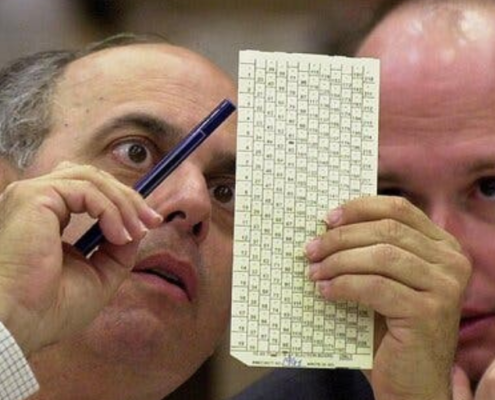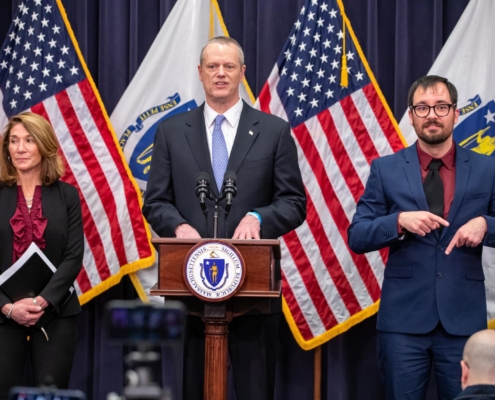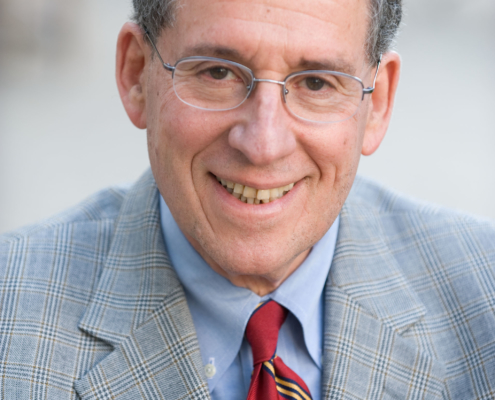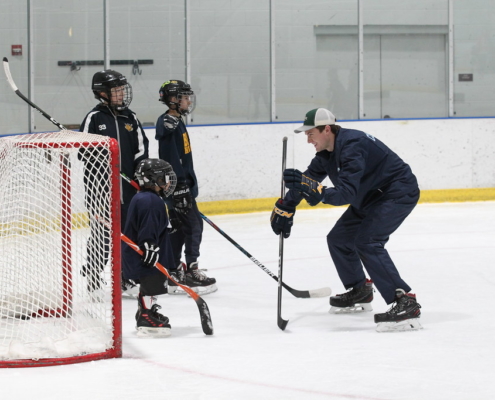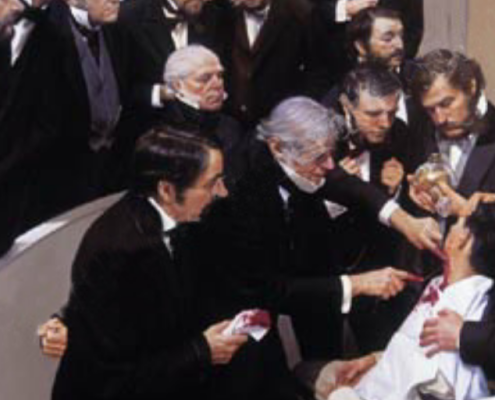7 Tools to Keep Your Child Engaged in Math During COVID-19
Schools and school districts across Massachusetts are struggling (some more than others) to adjust to online learning as a result of the COVID-19 pandemic. Below are some proven resources (in no particular order) that every parent can and should make use of now and well beyond COVID-19.
 Japan-based Kumon currently serves 4.2 million students at nearly 25,000 learning centers in 50 countries and regions. The company has 45 Massachusetts locations, 19 of which are within route 128. Kumon students start as early as age three and can continue until they complete the program, which means mastering high school-level math, including differential equations. Students master a series of sequential worksheets, each one slightly more challenging than its predecessor. Independent learning and building self-confidence are priorities. After completing a placement test, each student begins at a level at which she or he would have little difficulty. They proceed through the worksheets at their own pace, going to the Kumon Center twice a week and completing other work at home.
Japan-based Kumon currently serves 4.2 million students at nearly 25,000 learning centers in 50 countries and regions. The company has 45 Massachusetts locations, 19 of which are within route 128. Kumon students start as early as age three and can continue until they complete the program, which means mastering high school-level math, including differential equations. Students master a series of sequential worksheets, each one slightly more challenging than its predecessor. Independent learning and building self-confidence are priorities. After completing a placement test, each student begins at a level at which she or he would have little difficulty. They proceed through the worksheets at their own pace, going to the Kumon Center twice a week and completing other work at home.
 Newton, Massachusetts-based Russian School of Math (RSM) serves 25,000 students in 40 locations across 11 states and Canada, including 15 Massachusetts municipalities. RSM believes in starting students young. RSM students attend weekly classroom sessions that range between 90 minutes and 2.5 hours, depending on the student’s grade level.
Newton, Massachusetts-based Russian School of Math (RSM) serves 25,000 students in 40 locations across 11 states and Canada, including 15 Massachusetts municipalities. RSM believes in starting students young. RSM students attend weekly classroom sessions that range between 90 minutes and 2.5 hours, depending on the student’s grade level.
See Pioneer’s report and video (below) on these two programs for more information.
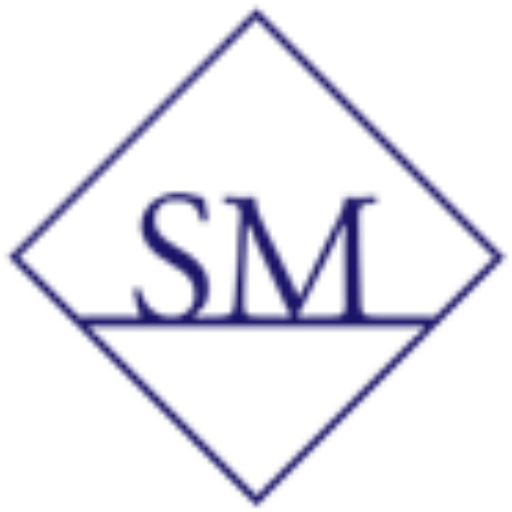 The Singapore math method was originally developed for Singapore public schools, and introduced in the U.S. in 1998. The method, adopted around the world over the past twenty years, focuses on mastery through intentional sequencing of concepts. Some of the key features of the approach include the CPA (Concrete, Pictorial, Abstract) progression, number bonds, and bar modeling.
The Singapore math method was originally developed for Singapore public schools, and introduced in the U.S. in 1998. The method, adopted around the world over the past twenty years, focuses on mastery through intentional sequencing of concepts. Some of the key features of the approach include the CPA (Concrete, Pictorial, Abstract) progression, number bonds, and bar modeling.
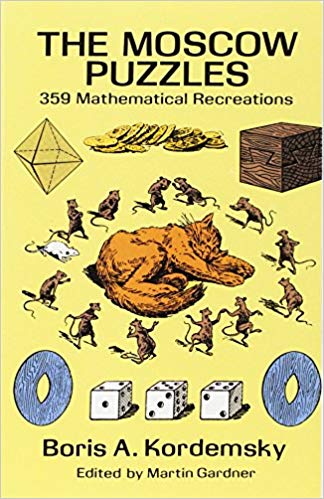 A popular puzzle book published in Russia in 1956, this book offers a wide assortment of brainteasers. The Amazon description notes, “Lavishly illustrated with over 400 clear diagrams and amusing sketches, this inexpensive edition of the first English translation will offer weeks or even months of stimulating entertainment.”
A popular puzzle book published in Russia in 1956, this book offers a wide assortment of brainteasers. The Amazon description notes, “Lavishly illustrated with over 400 clear diagrams and amusing sketches, this inexpensive edition of the first English translation will offer weeks or even months of stimulating entertainment.”
Book: My Best Mathematical and Logic Puzzles
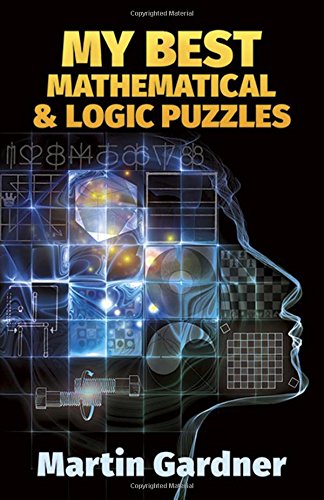 A selection of 70 top brain teasers for those seeking to challenge their problem-solving skills, by Martin Gardner, author for over two decades of the Mathematical Games column for Scientific American on short math problems or puzzles.
A selection of 70 top brain teasers for those seeking to challenge their problem-solving skills, by Martin Gardner, author for over two decades of the Mathematical Games column for Scientific American on short math problems or puzzles.
Dover Recreational Math series
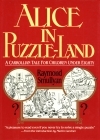 This series uses recreational mathematics — problems, puzzles and games — to teach students how to think critically.
This series uses recreational mathematics — problems, puzzles and games — to teach students how to think critically.
 Khan Academy is a rich resource for students to learn at their own pace in and outside of the classroom. Their math exercises offer guidance from kindergarten to calculus using adaptive technology that identifies strengths and learning gaps.
Khan Academy is a rich resource for students to learn at their own pace in and outside of the classroom. Their math exercises offer guidance from kindergarten to calculus using adaptive technology that identifies strengths and learning gaps.
Do YOU have suggestions for keeping children engaged while they’re at home? Share them in the comments section below.
Get Our COVID-19 News, Tips & Resources!
Related content:


